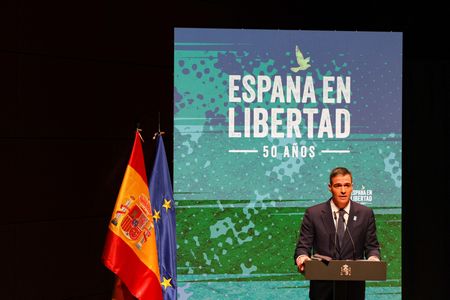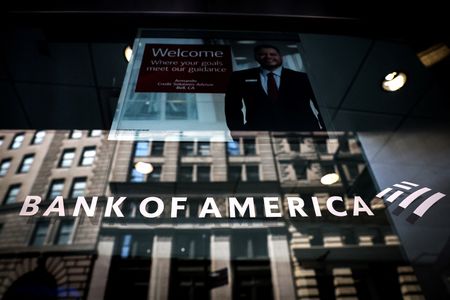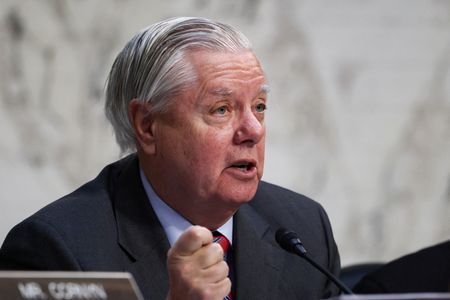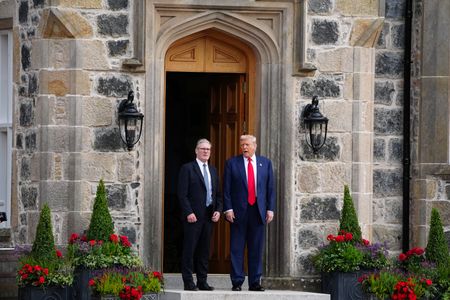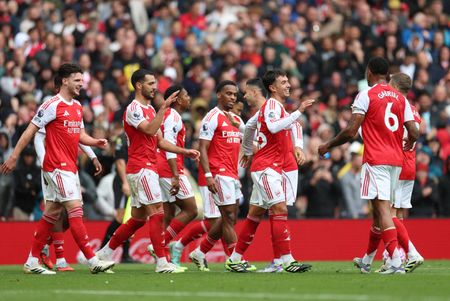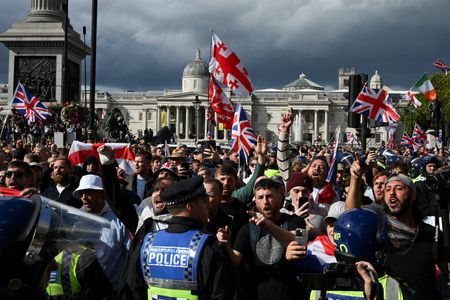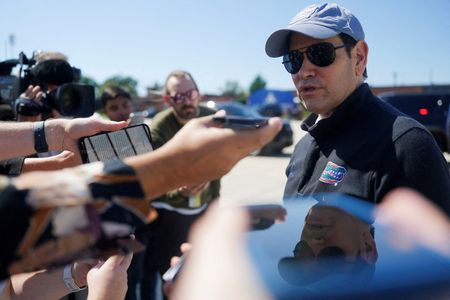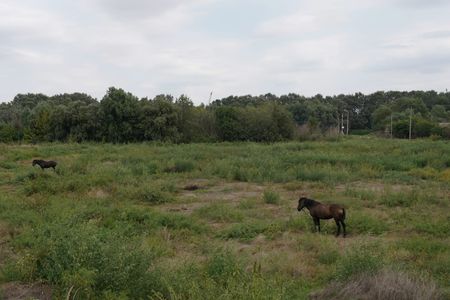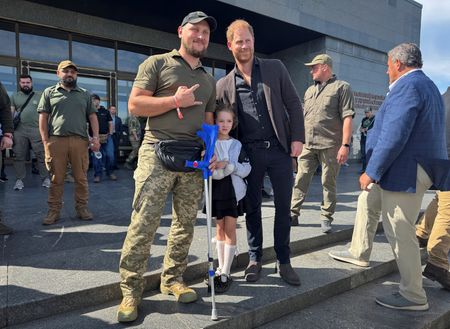By David Latona
MADRID (Reuters) – Spanish Prime Minister Pedro Sanchez on Wednesday presided over the first in a year-long series of events to mark 50 years since the death of dictator Francisco Franco, with a warning that the far-right is once again ascending in Europe.
Under the slogan “Spain at Liberty”, the centre-left government commemorated the country’s transition to a parliamentary democracy at a packed auditorium in Madrid’s Reina Sofia Museum.
Franco died in 1975, aged 82, after ruling Spain for nearly four decades. The first free elections were held in 1977 and a new constitution passed by referendum in 1978.
“Let’s celebrate that in 1975, Spanish society decided to bet on democracy and freedom,” Sanchez said.
“Autocratic regimes and values are advancing in half the world. The fascism we thought we’d left behind is now the third political force in Europe,” Sanchez said, adding that they were supported by “the richest man on the planet”, referring to billionaire Elon Musk, whom he did not name.
The commemorative events aim to highlight Spain’s economic, social and political transformation, pay tribute to those who fought for it and to prevent younger generations from being “seduced by the siren calls” of far-right ideologies, he said.
The decision to hold the events has been controversial in an already polarised political environment. The conservative opposition People’s Party (PP) – founded by former Francoist officials – and the far-right Vox party both say they will not participate.
A January survey commissioned by newspaper El Pais found Vox had gained support for the third consecutive month, with 1 in 6 of those polled intending to vote for the party.
In regions where they govern, both parties have sought to row back a law introduced by the Socialist-led government to right Franco-era wrongs, including the exhumation of mass graves, saying it is an attempt by the left to divide Spaniards.
Franco rose to power through a military coup in July 1936 against the democratically elected Republican government.
In the three-year civil war that followed, Paul Preston, a British historian and leading Franco expert, estimates some 200,000 people were killed behind the front lines and thousands more in the ensuing dictatorship.
Franco’s rule brought censorship, repression of minorities, totalitarian indoctrination and the mass execution of dissidents.
“It can happen again. You don’t have to espouse a specific ideology … to look with enormous sadness and terror upon the dark years of Francoism and fear that that same backsliding repeats itself,” Sanchez said.
(Reporting by David Latona; Editing by Aislinn Laing and Sharon Singleton)

